
What Your Tongue Can Tell You: 8 Health Clues Written on Your Tongue
What Your Tongue Can Tell You: 8 Health Clues Written on Your Tongue
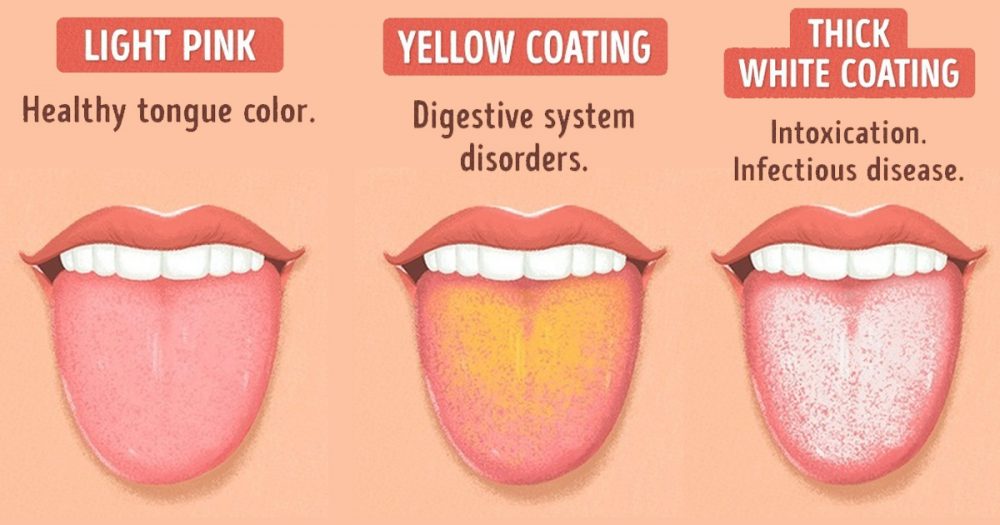
Beyond just taste, your tongue offers a surprising window into your overall health. As children, we're often taught not to stick out our tongues, but it turns out this simple act can reveal crucial insights—from subtle vitamin deficiencies to more serious underlying health concerns.
Your tongue can be a valuable, easy-to-access tool for monitoring your well-being. Here are some key areas to observe and what they might be communicating about your health.
Key Areas to Examine on Your Tongue
When you inspect your tongue, focus on these three main aspects:
- Tongue Color: The hue of your tongue can reveal a lot about your circulatory system and even oxygen levels in your body.
- Tongue Coating: The presence and type of coating can give clues about your digestive system's function.
- Tongue Tip and Sides: These areas can also offer important hints for self-diagnosis.
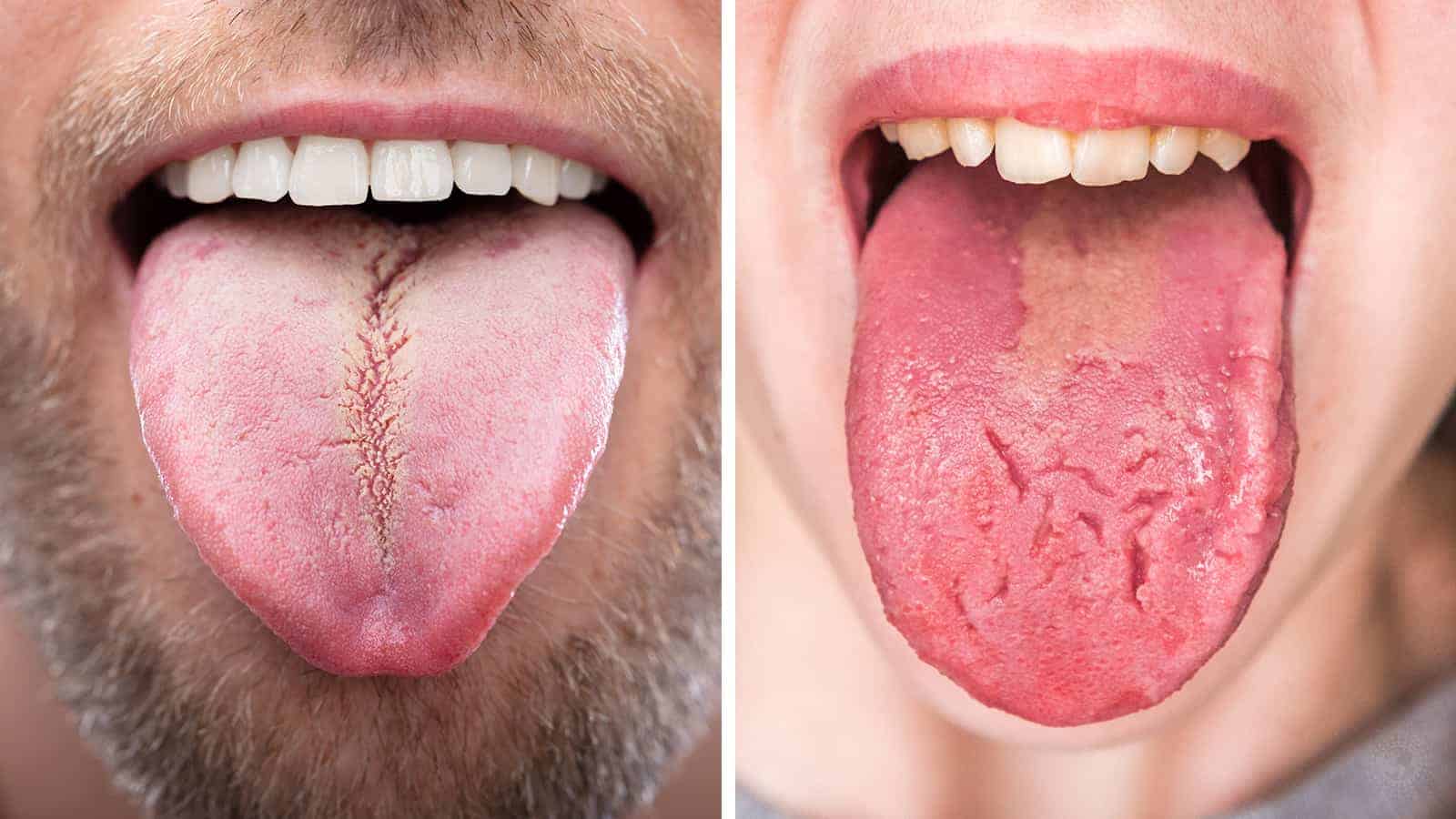
Here are some common tongue observations and what they might mean:
1. White Patches or Coating
A white coating or patches on your tongue could indicate a yeast overgrowth, such as oral thrush (candida). (1) Before panicking, try brushing your tongue thoroughly for about a week to see if the coating clears. Candida overgrowths often occur after illness, antibiotic use, or when your immune system is weakened.
Restoring gastrointestinal balance with healthy levels of probiotics from fermented foods, good quality natural yogurt, or a probiotic supplement can be beneficial. If the white patches persist despite good oral hygiene, it's crucial to see your physician, as these areas can sometimes be where oral cancer begins.
2. A Webbed or Striped Appearance
If your tongue has a webbed or striped look, it might be a sign of Oral Lichen Planus, a chronic inflammatory autoimmune disease. If there's no pain, your doctor might not treat it, but recognizing immune system dysfunction is important for overall health.
Turmeric has been used for centuries to regulate and support the immune system. A study published in the Natural Journal of Maxillofacial Surgery showed success in using turmeric to treat Oral Lichen Planus. (2) Turmeric is known for its powerful properties, but ensuring optimal absorption is key to maximizing its benefits.
3. Ridges or Indentations
You might notice a ridge running down the center of your tongue or other ridges radiating outwards, or even along the edges. Generally, these ridges or indentations are a natural part of the tongue's anatomy and are usually not a cause for concern. Just ensure proper tongue brushing to remove any trapped food particles, especially in deeper ridges.
4. A Red Tongue
A healthy tongue is typically a rosy pink. If your tongue appears distinctly red, it warrants attention. Strep throat and scarlet fever are often associated with a red tongue. If you have a red tongue accompanied by a sore throat or other signs of infection, it's likely related to the infection, and your doctor will treat it accordingly.
A red tongue can also signal vitamin deficiencies, particularly in vitamin B12, folic acid, or iron. (3) If the redness persists, ensure your diet provides adequate vitamin intake.
5. Bumps on Your Tongue
Tongue bumps can arise from various conditions. They might be due to physical trauma, like accidentally biting your tongue, in which case they usually heal naturally. Mouth ulcers (canker sores) appearing as small, painful white spots, often signal stress.
However, it's important to monitor bumps. If they are painful, don't go away naturally, or if they appear as persistent sores, they could indicate oral cancer, and you should consult your physician for investigation. Sore or swollen bumps can also be inflamed taste buds, a common condition called transient lingual papillitis (TLP), often caused by irritation.
6. Black Hairy Tongue
This sign, while visually alarming, is usually harmless and quite common. The "hairs" are actually elongated papillae (small projections on your tongue) that can grow throughout your life. When they become unusually long, they can trap bacteria, leading to black spots and a "hairy" appearance.
This condition often results from poor oral hygiene, recent antibiotic use, or a fungal infection, and can contribute to bad breath. Regular tongue brushing with a soft toothbrush and toothpaste 2-3 times a day, or using an antibacterial mouthwash, usually helps. A black and hairy tongue is rarely an indication of serious underlying health issues.
7. Unusual Spots
Various spots on your tongue can send messages about your oral health:
- Geographic Tongue: If your tongue has a mix of red and white spots resembling a world map, it's likely geographic tongue—a harmless condition.
- Cottage Cheese-Like Spots: If spots resemble cottage cheese, you might have oral thrush, often indicating a weakened immune system.
- White Patches (Leukoplakia): Growing white patches, especially common in smokers or heavy alcohol drinkers, could be Leukoplakia. While not inherently dangerous, these can be a precursor to cancer and should be checked by your dentist.
If any spots become sensitive, sore, or if ulcers persist, it's best to consult your physician to rule out serious disorders like oral cancer.
8. Macroglossia (Enlarged Tongue)
An enlarged tongue, known as Macroglossia, can have several causes, including genetic disorders. However, an enlarged, sometimes protruding tongue, particularly in children, can be a sign of hypothyroidism (an underactive thyroid). If you notice your child's tongue appears larger than normal, it's important to consult your physician.
Always Listen to Your Body
These symptoms are just some of the potential indicators your tongue can reveal. The most important tool for maintaining your health is your own body. Learn to pay attention to its signals and listen when it talks to you. Recognizing these signs early can empower you to seek professional advice when needed and proactively support your well-being.
News in the same category


USA: Successful Trial of 'Miracle Drug' That Destroys 60 Types of Cancer

Bitter Mouth Upon Waking: What Does It Warn About? When Should You See a Doctor?

A Doctor On TikTok Explains The Risks Of Kissing Dying People

Why Are My Veins Suddenly Bulging and Visible?

Liver Damage: 12 Warning Signs & How to Naturally Boost Liver Health

High Blood Sugar: 13 Early Warning Signs & 9 Strategies to Regain Control
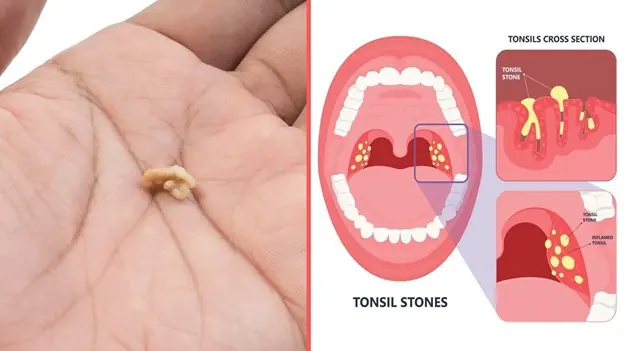
Tonsil Stones: Natural Ways to Remove and Prevent Them
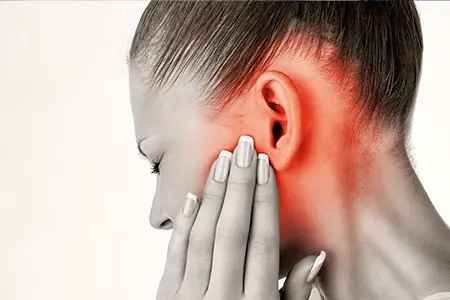
Soothe Ear Infections Naturally: Top Home Remedies for Relief

Natural Solutions for Intestinal Worms: Diet, Supplements & Home Remedies

4 Warning Signs Your Liver Is in Trouble: Even Just One Means You Should See a Doctor ASAP

5 Groups of People Who Should Never Eat Avocados – No Matter How Much They Crave Them

Diagnosed with Cancer at 40, Soong Mei-ling Lived to 106: Her Secret Was in One Anti-Cancer Vegetable and Three Cheap Drinks from the Market
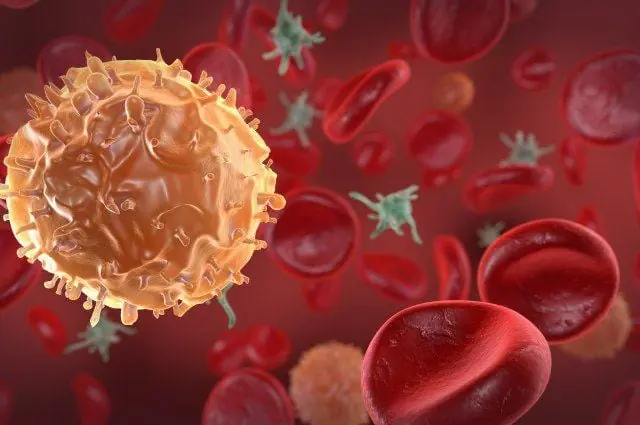
People with Cancer Often Share 3 Common Morning Signs, Especially After Age 40

Nature's Anticoagulants: Exploring Foods, Supplements, and Vitamins for Healthier Blood

6 Foods That May Fuel Cancer Growth: What You Need to Know

The Best Scientifically Proven Foods to Cleanse Your Liver

20 subtle cancer symptoms commonly missed

Increased Screen Exposure In Kids Linked to Anxiety, Aggression, and Self-Esteem Issues, Study Says
News Post

7 Foods You Should Never Reheat or Store Overnight: Dangerous to Your Health

USA: Successful Trial of 'Miracle Drug' That Destroys 60 Types of Cancer

Bitter Mouth Upon Waking: What Does It Warn About? When Should You See a Doctor?

Circus lion was locked up for 20 long years, now watch his reaction when he’s released

The detailed escape story of the Air India crash survivor met with skepticism

For the Cost of an Iphone He made a House of only 89 Squares, but Wait Until you See Inside

A Doctor On TikTok Explains The Risks Of Kissing Dying People

Unleash the Hidden Power of Papaya Seeds: A Tiny Superfood for Big Health Gains

Why Are My Veins Suddenly Bulging and Visible?

Unlock Radiant Skin Naturally: The Powerful Duo of Vaseline and Tomato for Beauty

Liver Damage: 12 Warning Signs & How to Naturally Boost Liver Health

Frozen for 34 Million Years: Lost World Found Beneath Antarctica’s Ice

High Blood Sugar: 13 Early Warning Signs & 9 Strategies to Regain Control

If You're Experiencing PAIN And NUMBNESS In Your Legs, STOP EATING These Foods | Vitality Solutions

The Safest Countries To Be In If World War 3 Begins
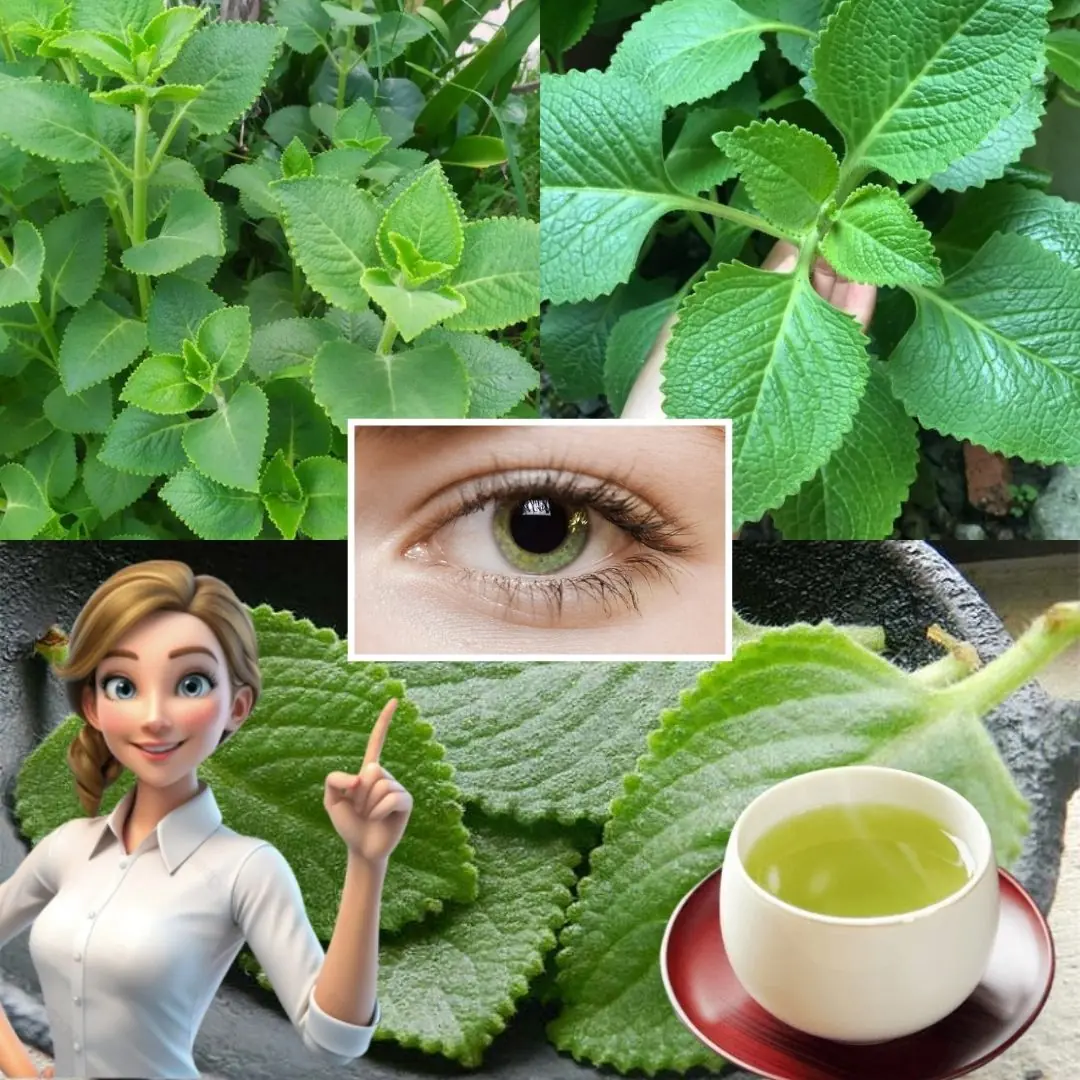
Coleus Amboinicus: The Forgotten Herb Every Home Should Know About

Tonsil Stones: Natural Ways to Remove and Prevent Them

The Hidden Power of Lamb’s Quarters: Nature’s Humble Wonder

Soothe Ear Infections Naturally: Top Home Remedies for Relief
